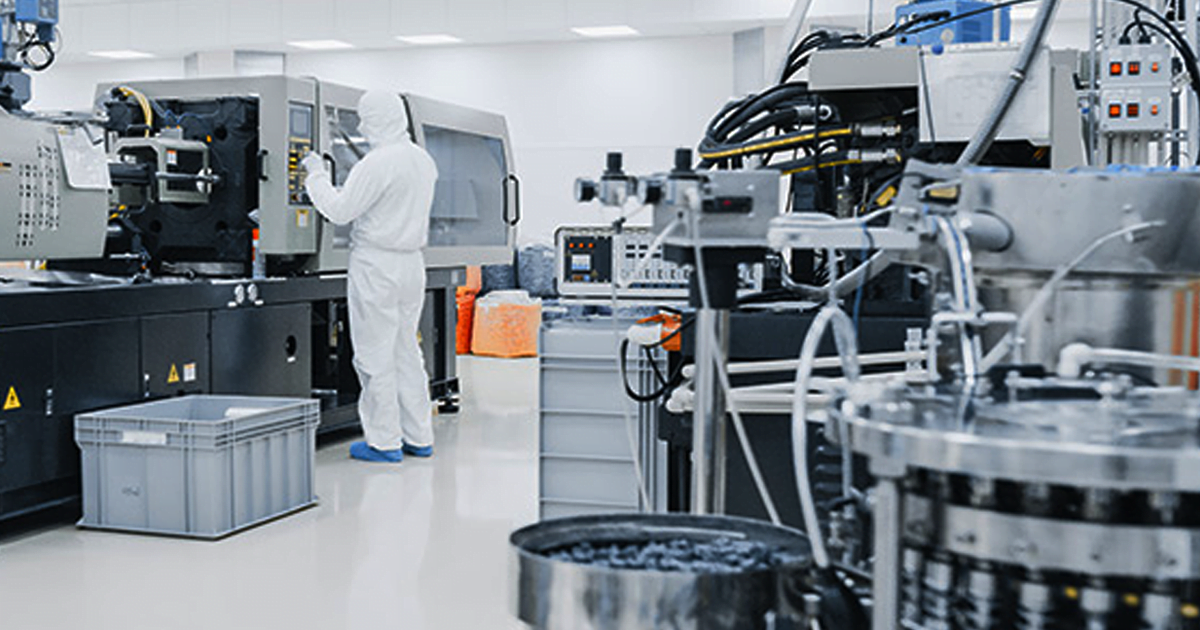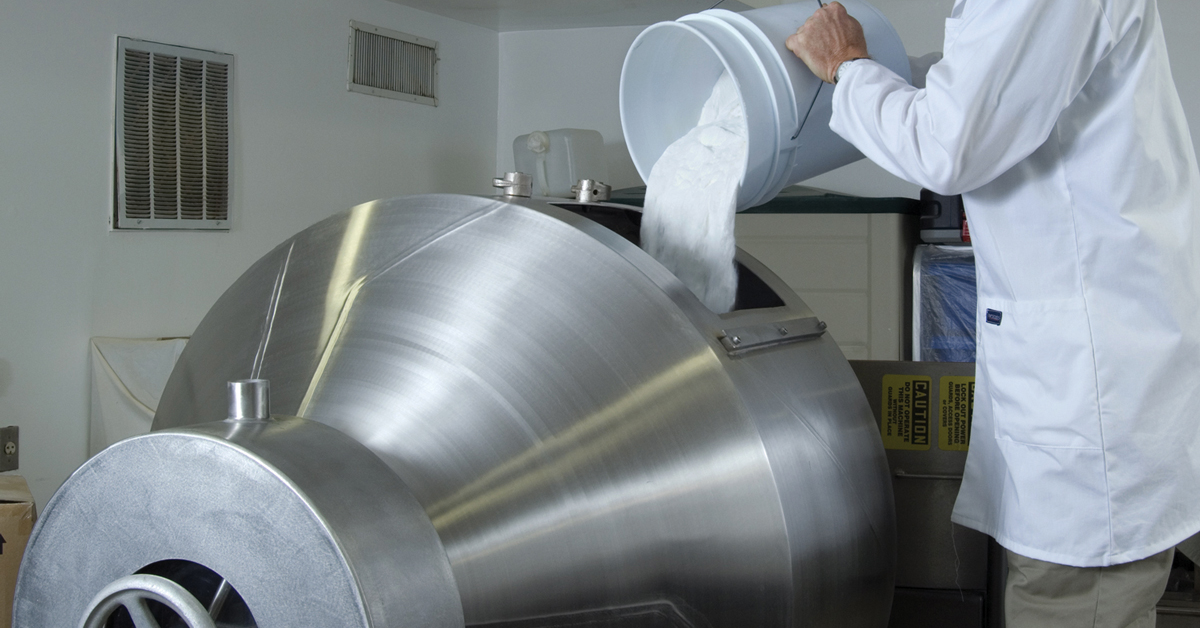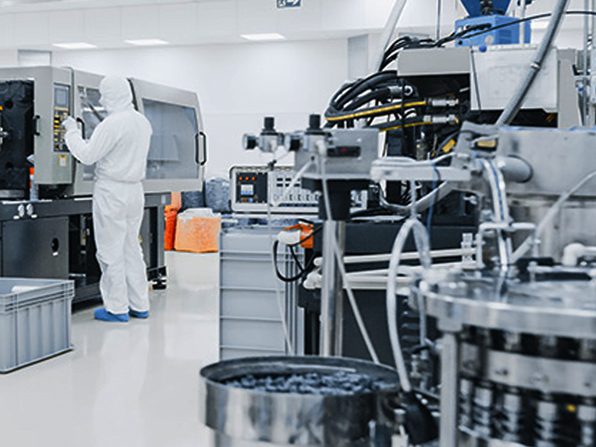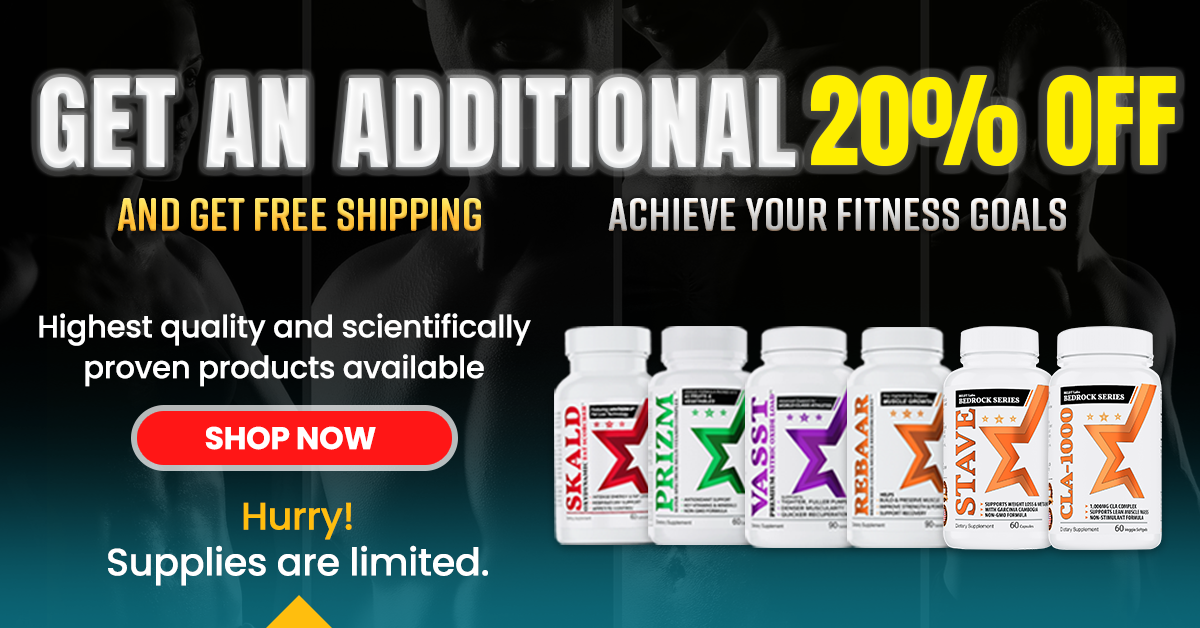
Being in the industry for years, we know folks are curious about what goes into those bottles…How supplements are made? What's really in them? Are they safe?
And you're right to be concerned about the accuracy of dietary supplement labels.
According to Market US Media:
Around 30% of products offered online use unapproved ingredients, and 15% of bodybuilding and weight loss supplements contain stimulants not listed on the label.
At BELDT Labs, we believe in transparency and want to help you make informed choices about each dietary supplement you put in your body.
That's why we'll provide an insider look at the manufacturing process, ingredients, and tips for choosing unharmful, high-quality products.
So, let's see what goes into making the supplements you rely on for your health and fitness goals.
How Are Dietary Supplements Developed?
There are various methods to create supplements. One common technique is isolation, where specific compounds are extracted from natural sources like plants, animals, or even microorganisms. For example, vitamin E can be isolated from vegetable oils, while vitamin D is often derived from fish liver oils.
Another method involves extraction and purification. This process is a bit like making tea…but on a much larger scale. We soak plant materials in solvents to draw out the desired compounds, then filter and purify the result.
A good example is our super-spectrum multivitamin PRIZM, where we extracted nutrients from 42 fruits and vegetables.
On the other hand, many vitamin supplements produced today go through fermentation, cooling, heating, and other chemical manipulations. As you probably guessed, these are artificial so-called synthetic supplements created in a controlled environment (laboratory).
Now, we suppose your next question is:
Aren't All Supplements Made in a Lab?
Not necessarily. While various supplements undergo processing in laboratory-like settings, they're not all created from scratch in a lab. Some products are simply dried and powdered versions of natural ingredients. For instance, spirulina supplements are made from dried algae.
Can Supplements Be Natural?
Yes, many supplements are derived from natural sources. Folic acid (B9), for example, can be found naturally in leafy greens, vitamin C is abundant in citrus fruits, and all the essential amino acids are often extracted from plants.
However, it's important to note that even “natural” nutrient supplements often undergo significant processing to increase potency and ensure consistency.
Are All Supplements Made with Chemicals?
This is a common misconception. Sure, some dietary supplements, like synthetic vitamins, are synthesized using chemical processes, but not all are. Most antioxidant supplements, for example, are extracted from natural sources without synthetic chemicals.
Still, we should mention that even a naturally derived vitamin supplement may require some chemicals for purification or to increase bioavailability.

What Are the Main Ingredients in Supplements?
You'll find a mix of natural and artificial (synthetic) ingredients working together to support various goals. We'll focus on weight loss, vitamins, and muscle growth supplements. These are the most popular among people taking dietary supplements, and that's what we specialize in at BELDT Labs.
Compounds Found in Weight Loss Pills
Weight loss supplements usually consist of ingredients aimed at boosting metabolism, reducing appetite, and increasing fat burning. For the most part, they contain some form of caffeine and other stimulants, increasing energy expenditure.
Other common compounds include green tea extract, conjugated linoleic acid (CLA), and garcinia cambogia, which we also use in our products.
Industry leaders continuously experiment with new ingredients to create better thermogenic supplements and stay competitive.
At BELDT Labs, we took a different approach. We used compounds well known for their benefits but in an uncommon combination for the market, which resulted in our top-rated fat burner.
SKALD contains eight all-natural ingredients, including Juniper Berries, White Willow Bark, and Elecampane Root Powder, to name a few. We have another in-depth article on all the ingredients and their benefits if you're interested.
Ingredients Used to Make Vitamin Supplements
Vitamin supplements contain a wide range of essential nutrients the human body needs, but can't get even from a well-balanced diet. We refer to magnesium, calcium, zinc, iron, etc.
As we mentioned, vitamins are produced using both natural and synthetic sources. Both can be effective when produced to high standards and bioavailability rates.
Here are a couple of examples:
Natural vitamin E includes a mix of tocopherols, while synthetic versions typically contain only alpha-tocopherol. Vitamin B12 is usually produced through bacterial fermentation, regardless of whether it's labeled as “natural” or “synthetic.”
We also added minerals like zinc and chromium to our previously mentioned multivitamin PRIZM because these are lost during intense training, and our product was developed for athletes.
Nutrients for Muscle Growth and Recovery
For such products, we focus on ingredients that support protein synthesis, reduce muscle breakdown, and aid post-workout recovery. As you probably know, protein is the cornerstone of these dietary supplements, with whey, casein, and plant-based proteins being common choices.
Branched-chain amino acids (BCAAs) – leucine, isoleucine, and valine play a major role in muscle protein synthesis and help reduce fatigue. We used the trio and other ingredients like calcium and magnesium to develop an accelerated muscle builder called REBAAR.
Creatine is another key player in muscle growth supplements. It helps increase strength and muscle mass by providing energy for high-intensity exercises. Beta-alanine is often added to improve endurance.
For recovery, most supplement companies incorporate ingredients that combat exercise-induced inflammation and oxidative stress. These might include antioxidants like vitamins C and E, as well as compounds like tart cherry extract or curcumin.
Some muscle growth supplements also aim to support hormone balance. Minerals like zinc are added to promote testosterone production to assist with recovery and reduce the risk of overreaching and overtraining.
How to Know if a Supplement is Good Quality?
It's time for the tips we promised to help you choose quality and prioritize supplement safety.
Check the Label
A good quality supplement will have a clear, detailed dietary supplement label. Look for information about the active ingredients, their amounts, and other dietary ingredients.
Research the Manufacturer
Supplement companies should follow Good Manufacturing Practices (GMPs) as FDA regulations require. Check if the company has a good reputation and if they're transparent about their manufacturing processes.
Consider the Form of Nutrients
For vitamins and minerals, look for forms that are easily absorbed by the human body. For weight loss supplements containing natural stimulants, look for moderate dosage.
Be Cautious of Extreme Claims
If a supplement promises to cure chronic diseases or offers miraculous weight loss results without a healthy diet and physical activities, it's too good to be true. Legitimate supplements support overall health but aren't magic bullets.
At BELDT Labs, we always research the best ingredients, mainly naturally sourced and rarely created through advanced scientific methods. Our goal is to provide you with supplements that effectively support your health and fitness goals without side effects.



